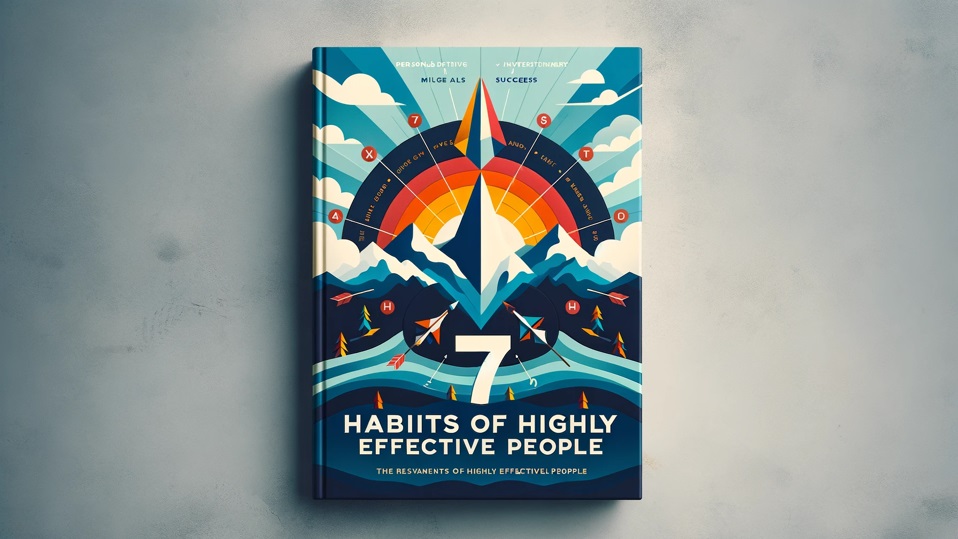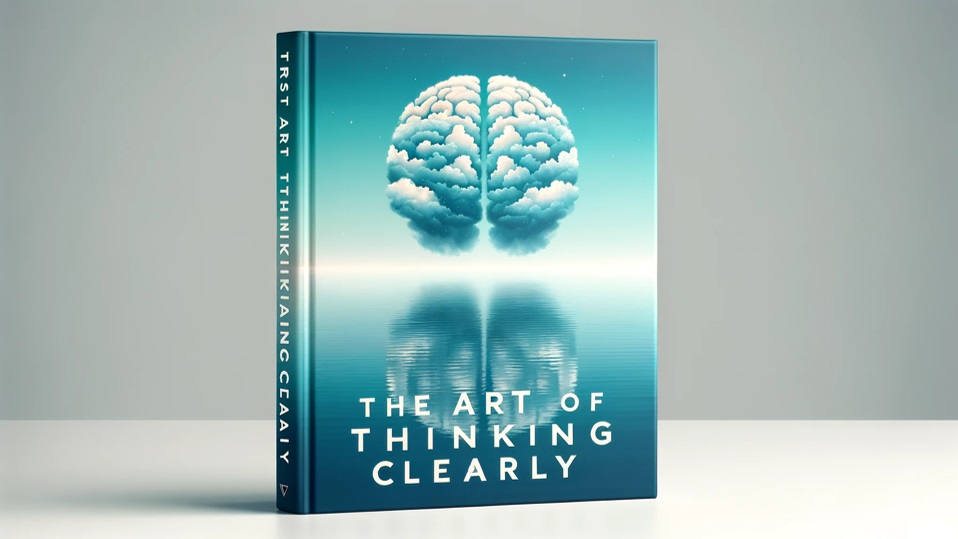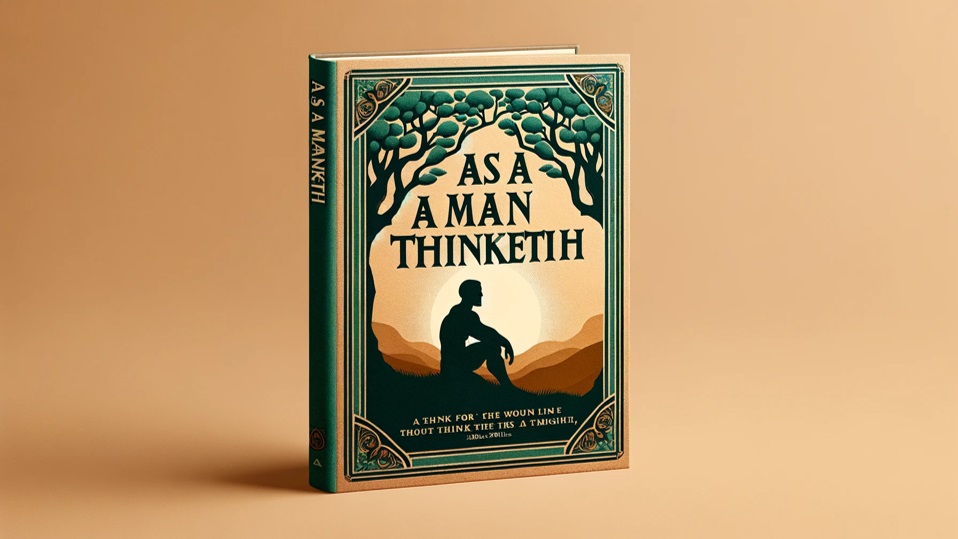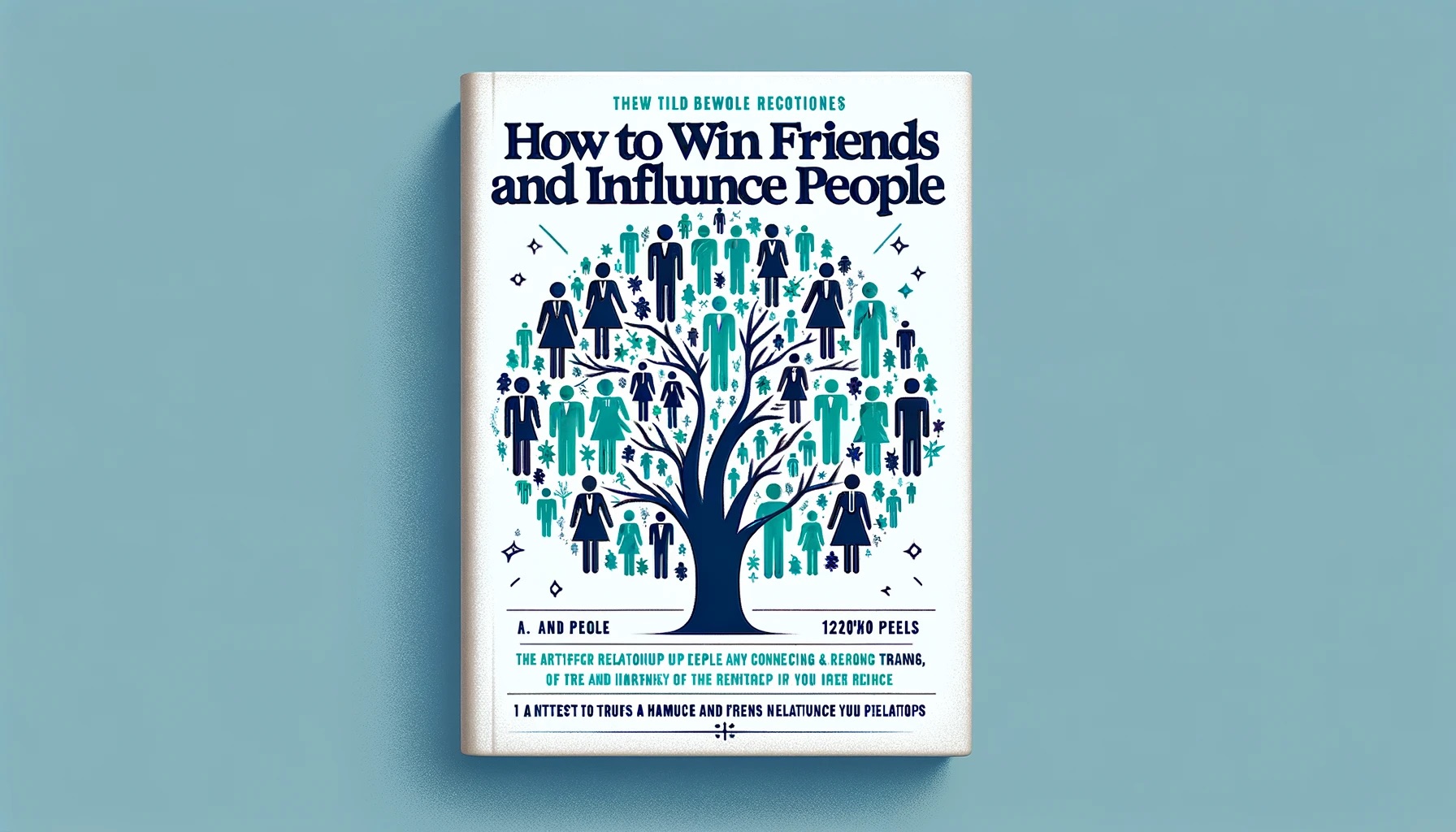
Freakonomics
"Freakonomics: A Rogue Economist Explores the Hidden Side of Everything" is a non-fiction book by economist Steven D. Levitt and journalist Stephen J. Dubner. Published in 2005, it takes a unique approach to economics, applying economic theory to diverse and unexpected realms of life, often with surprising results. The book isn't structured around a central theme or narrative but rather presents a series of case studies where economic principles are applied in unconventional ways to explain various phenomena.
Here's a summary of key learnings and themes from the book:
Incentives are the Cornerstone of Modern Life: Levitt and Dubner argue that understanding different types of incentives (economic, social, and moral) is key to analyzing behavior in various fields.
Conventional Wisdom is Often Wrong: The book challenges widely held beliefs, showing that they may be based on flawed logic or misinformation. It encourages skepticism and critical thinking.
Dramatic Effects Often Have Distant, Subtle Causes: The authors demonstrate that causes of certain social phenomena may not be as straightforward as they seem. For example, they suggest the reduction in crime in the 1990s could be attributed to the legalization of abortion in the 1970s.
Experts Use Their Information Advantage to Serve Their Own Agenda: The book highlights how experts in a field can manipulate information to their benefit, often at the expense of the public.
The Importance of Data in Uncovering Truth: Levitt and Dubner use statistical data to investigate a range of subjects, from cheating teachers and sumo wrestlers to drug dealers and Ku Klux Klan members.
Correlation Does Not Equal Causation: The book cautions against confusing correlation (when two things happen together) with causation (when one thing causes the other).
Small, Unnoticed Factors Can Have Significant Impacts: The authors look at how minor or overlooked details can have major effects in economics and society.
"Freakonomics" is notable for its entertaining and accessible approach to economics. Rather than focusing on the traditional areas of the field, it applies economic thought to a variety of unusual and intriguing topics, aiming to show that economics is, at its core, the study of incentives and how people get what they want or need, especially when other people want or need the same thing.







